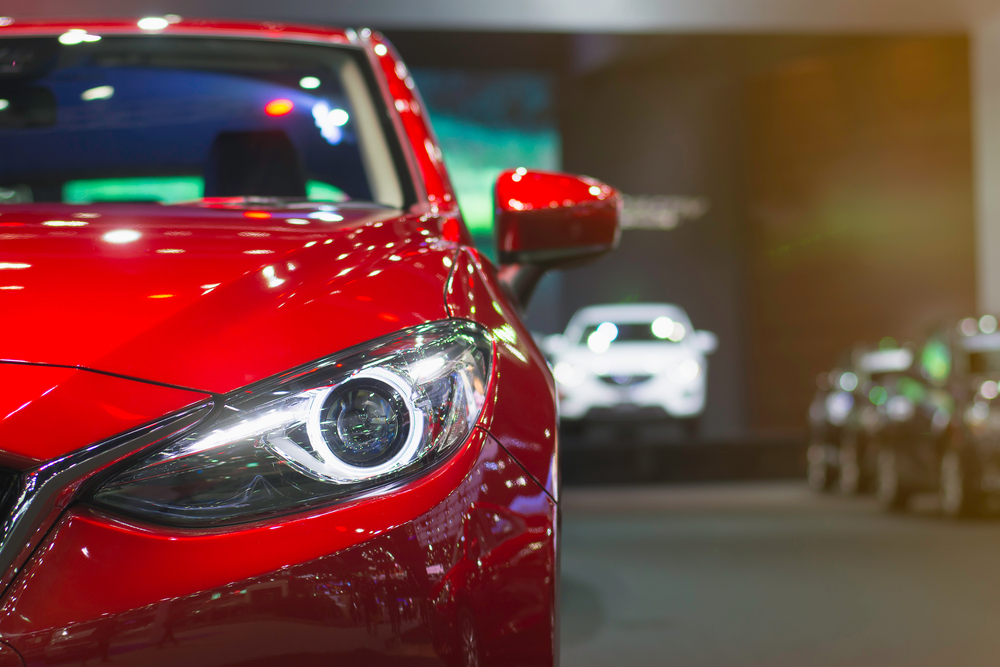From electric cars to new ways of selling via digital, Stephen Healy looks at the tech trends that will shape the future of the motor sector.
The motor sector welcomed consumers back into motor showrooms for the first time this year in May following the remote delivery of c. 77,000 new vehicles in the first five months of 2021.
Compared to pre-pandemic levels, new passenger car registrations this year are running at c. 77pc of registrations in the first five months of 2019.
“The sector expects electric vehicles to account for circa 8pc of the market by the end of 2021”
New van registrations are c.10pc ahead of the same period in 2019 largely due to increased demand for delivery vehicles that we see calling daily to our neighbours homes as many office workers continue to work from home.
This has to be called out as an outstanding performance by Irish motor dealers as, under Level 5 Covid-19 restrictions, motor facilities could only physically open for vehicle maintenance until restrictions were eased in May.
New and used vehicle sales were managed by engaging with customers remotely with sold vehicles then being delivered directly to customer’s homes.
Video engagement
Motor dealers invested in technology to enable the continuity of vehicle sales during level five restrictions. Video engagement with potential customers was a key enabler as was upgrading web presentation of vehicles and investment in CRM systems.
Typically, the remote sales process involves an initial expression of interest in a new or used vehicle. The motor dealer will then send a personalised video of the car to the interested party.
The customer can also send a description along with photos of their own car to trade in and if both parties are happy to proceed, a holding deposit secures the new car. Vehicle finance can then be arranged remotely and, once an approval is confirmed, the salesperson can arrange for documents to be signed remotely (e.g. using Docusign) and for the car to be delivered directly to the customer’s home. Using these and similar methods, 77,000 new vehicles were delivered in the first five months of 2021.
Evolving customer journey
July is an important month for new car sales historically accounting for c. 21pc of annualised demand (compare June @ c. 1pc) and begins the second peak of new car sales in Ireland.
The full reopening of motor showrooms is timely to enable motor franchises and motor dealers to build order banks for July and August. The pandemic has brought about changes to the customer retail experience with increasing and enhanced online shopping journeys. Many consumers, however, now want to get back onto the high street and it will be interesting to follow how the online experience evolves in the motor sector.
In conversation with motor dealers, many are wondering to what level remote engagement will continue in the future. It is anticipated that many customers will want to return to visiting motor showrooms to physically experience and test drive their new car. For a moment, consider a scenario of a motor showroom with five potential customers but only one is interested in buying.
There may not be a sufficient number of sales staff to speak to everyone in a timely manner and the one customer serious about buying could be lost. Remote engagement however, allows the motor dealer to vet all customers in advance and is positive for both the selling dealer and the buyer. Potentially, hybrid opening hours could be trialled where a dealer has digital “opening hours” and physical opening hours. This may suit some time poor customers where deals can be agreed remotely and the customer can then experience and test drive the car at the dealer before driving it home.
Electric Vehicles
The demand for electrically chargeable vehicles (ECVs) also accelerated during the pandemic. In Ireland, electric vehicle sales volumes doubled in the first five months (and also exceeded 2020 full year sales) and battery electric vehicles (BEVs) now account for 6.5pc of the market6. The sector expects EVs to account for c. 8pc of the market by the end of 2021.
Additionally, plug-in electric vehicle (PHEV’s) sales volumes have tripled and currently account for 6.4pc of new car sales this year. Overall, ECV’s (BEV+PHEV) account for almost 13pc of new car sales, if Hybrid cars are included the share of “alternatively fuelled” cars increases to c. 32pc of the new car market in the first five months.
The growth trend in ECVs is expected to continue as manufacturers are required to meet ever stringent emissions regulations. Manufacturers are developing and producing more new ECVs than ever before and the introduction of these new vehicles will be supportive to further ECV growth in Ireland.
These insights were published as part of a Bank of Ireland Sectors report on the Acceleration of Technology. Full report:





